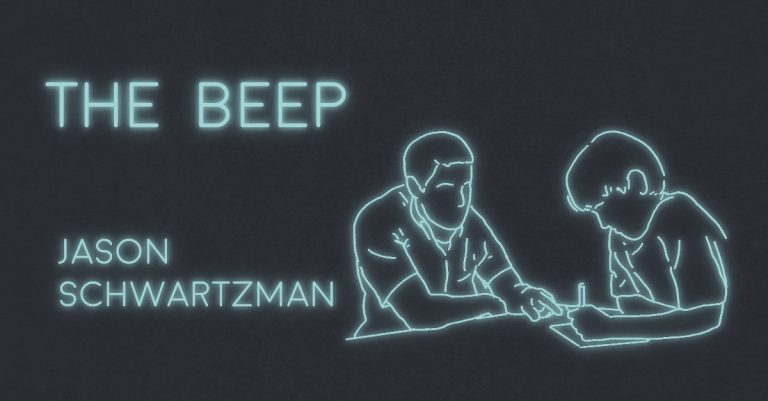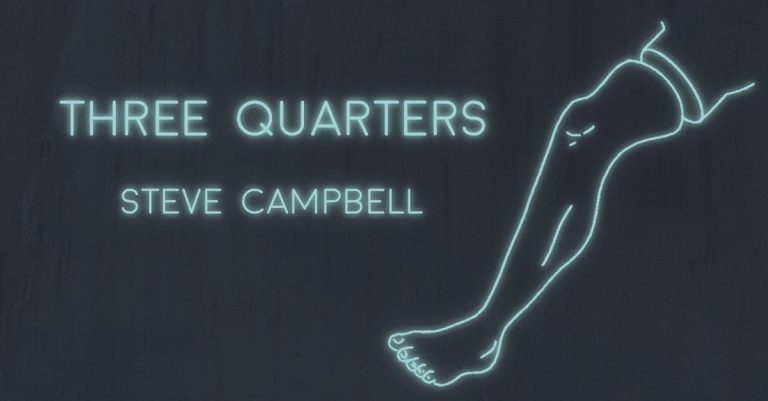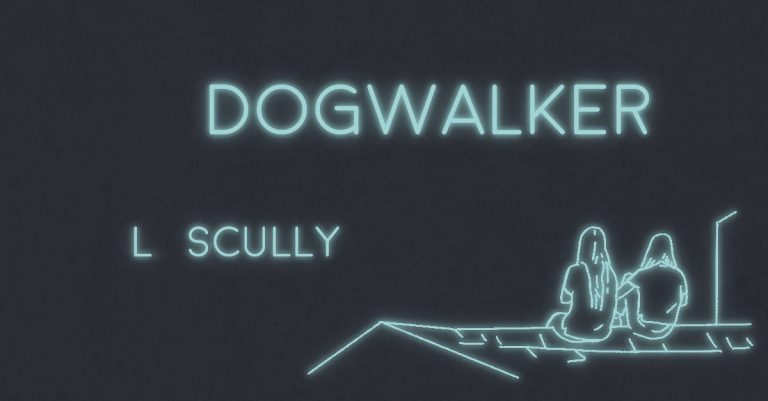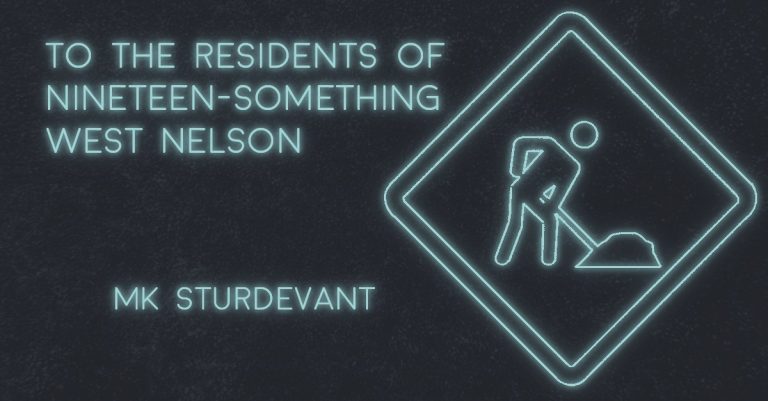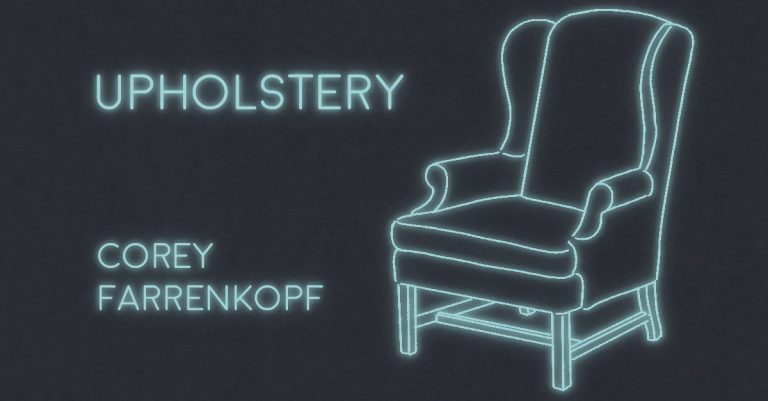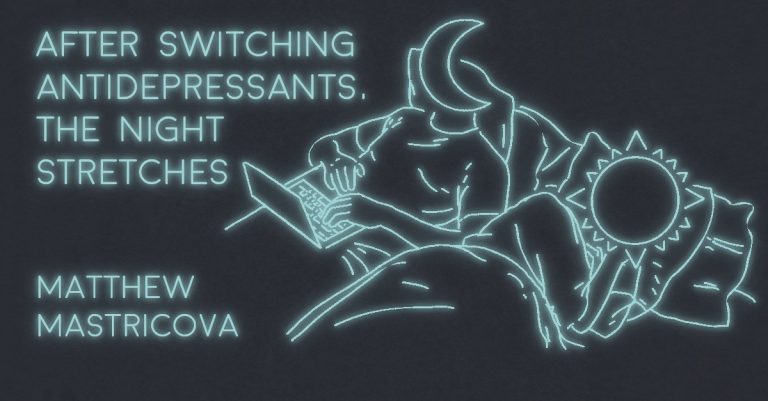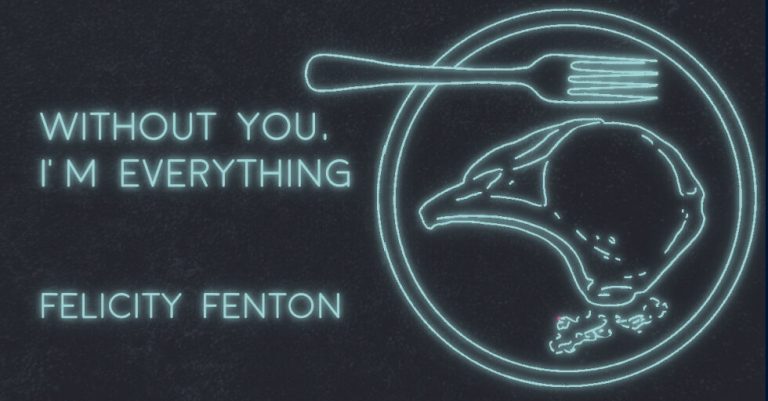
WITHOUT YOU, I’M EVERYTHING by Felicity Fenton
They went away, left her for others. They called less. They texted less. Soon they were running into each other in the parking lot of the dump, rushing to get back to things. “You look great.” They didn’t mean it. “You seem great.” They didn’t mean it. “So great to see you.” They weren’t sure. They boasted about busyness. Their kids, their houses, their husbands. She was busy felting socks for refugees. They were busy driving sports utility vehicles. She was busy searching for working pay phones so she could call her grandmother and tell her she had been places.

